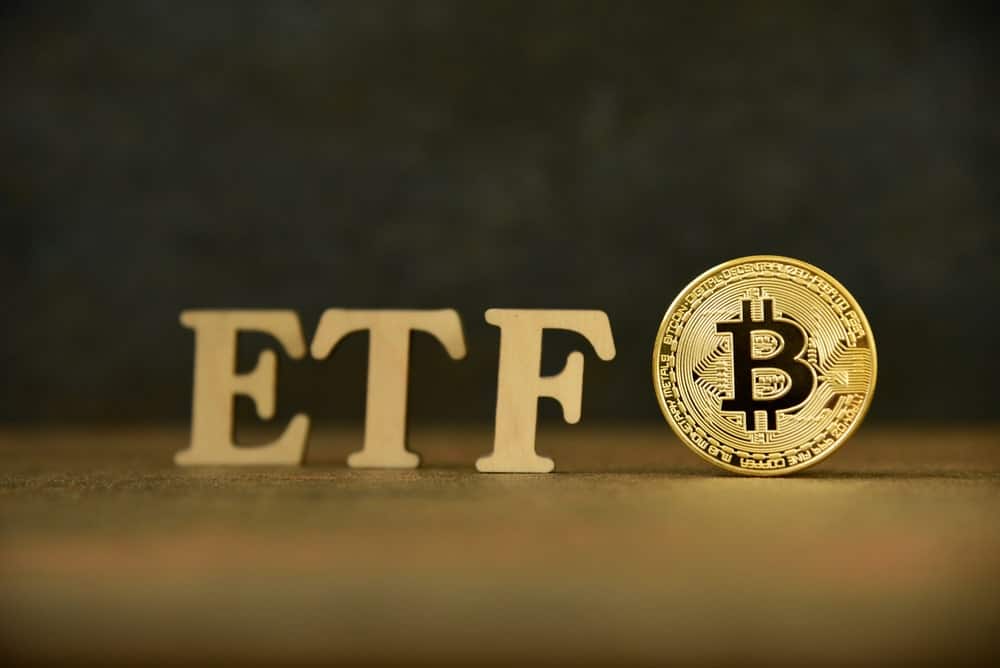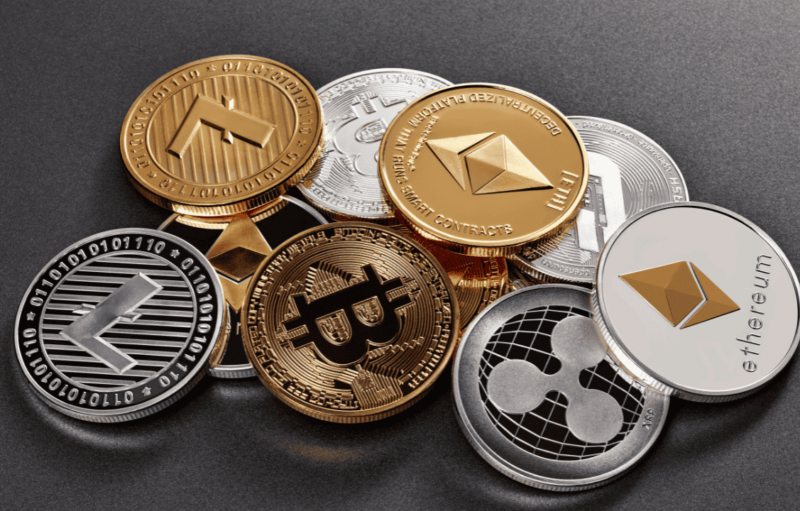
It appears that the cryptocurrency community won’t be seeing an SEC Bitcoin ETF yet again, as Bitwise has withdrawn its application which was filed in January 2019. According to the official note, the move is largely due to the public interest and pursuant to existing regulations.
Bitwise Withdraws Bitcoin ETF Application
A lot of people from the cryptocurrency community seem to believe that a Bitcoin exchange-traded fund will send the cryptocurrency to new all-time highs.
However, so far, all the applications that have been filed have either been rejected or withdrawn. Most recently, Bitwise has withdrawn its Bitcoin ETF proposal because of existing regulations and to abide by the public interest.
According to the official note, the withdrawal request “is consistent with the public interest and protection of investors as required by Rule 47 (a) of the Act and represents … that there has been no issuance, distribution or sale of the securities under the Registration Statement.”
The application for the withdrawal will be deemed granted within 15 days after the filing unless, for any reason, the Commission finds that it doesn’t stand merit and deny it.
Bitcoin ETFs Not Yet
Throughout the past couple of years, quite a few prominent companies have tried to get a Bitcoin ETF approved. It all started back when the Winklevoss brothers first attempted to get their application passed, but to no end.
After that, CBOE filed an application proposed by VanEck and SolidX. This was the one that the community was most excited about, largely because of the authority of CBOE. However, the proposal was withdrawn, resubmitted, and withdrawn again.
Speaking on the matter was the Chairman of the Securities and Exchange Commission, Jay Clayton.
He said that a Bitcoin ETF might eventually get approved by the SEC but that there is a lot of work still to be done in this regard. He outlined a number of issues which are currently refraining the Commission from doing so, including price manipulation, as well as the unregulated nature of many existing exchanges.
Adding to that, Clayton outlined:
But there’s work left to be done. Those were not trivial questions. How do we know that we can custody and have a hold of those crypto assets? That’s a key question. And an even harder question, given that they trade on largely unregulated exchanges. How can we be sure that those prices aren’t a subject of significant manipulation? Progress is being made but people needed to answer those hard questions for us to be comfortable that this was the appropriate type of product.
You might also like:
The post appeared first on CryptoPotato






